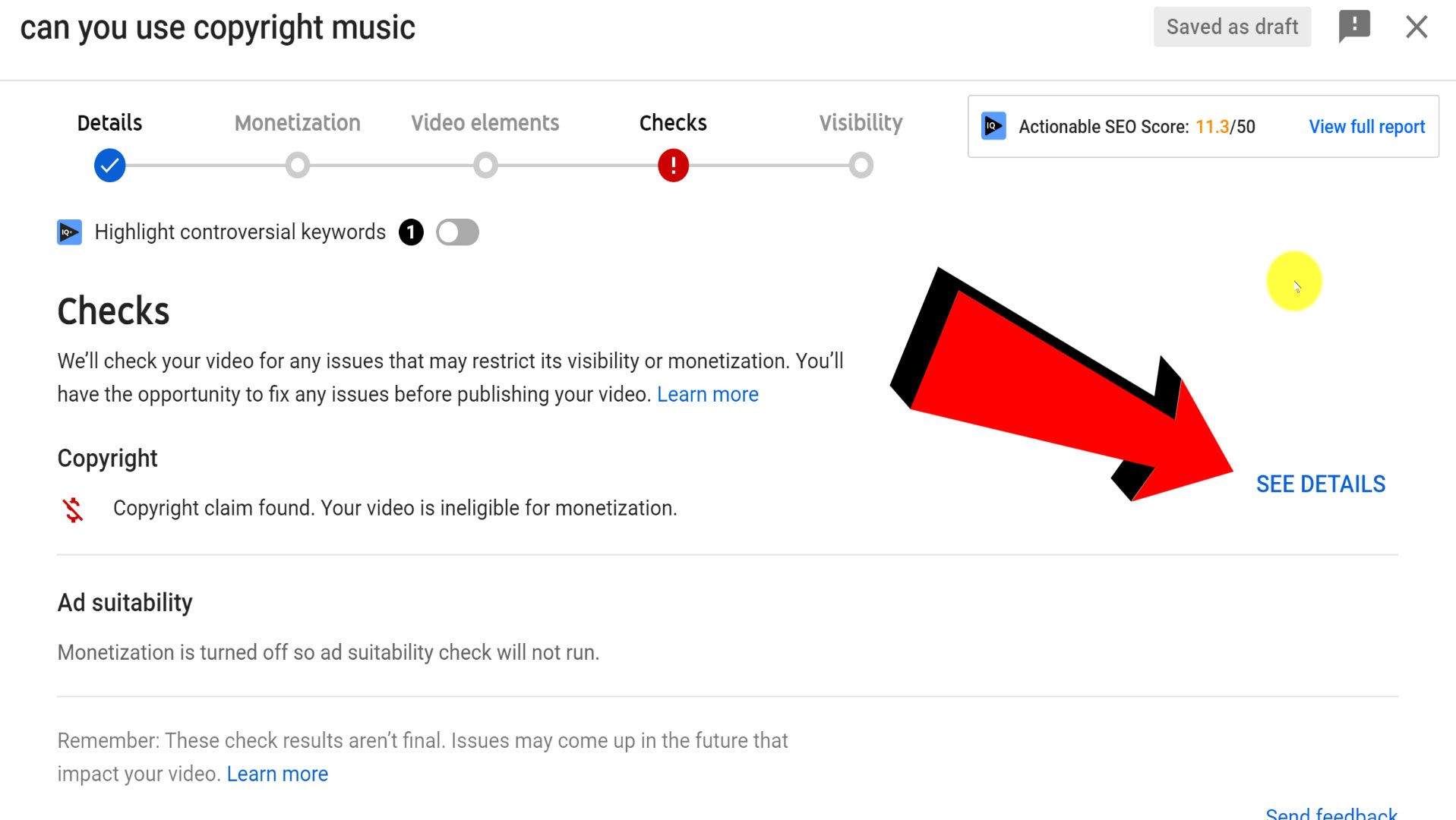

It extends to literary, dramatic and artistic works, musical compositions and computer programs. " Today, copyright law goes far beyond "writings" narrowly construed. the exclusive right to their respective writings. The framers of the Constitution authorized Congress to "promote the progress of science and the useful arts, by securing for limited times to authors. The present Copyright Act dates from 1978, but copyright is an ancient doctrine, with its roots in Elizabethan England. There are exceptions to this rule-notably the fair use doctrine discussed in the following Section-but generally the unauthorized use of a copyrighted work is copyright infringement, and may subject the infringer to civil and criminal penalties under federal law. The public display or performance of copyrighted works is similarly restricted. Generally speaking, a copyrighted work may not be duplicated, disseminated, or appropriated by others without the creator's permission. If I am using a commercial computer program for my work, can I make a copy for a colleague, or a copy for my computer at home so that I can work there?Ĭopyright © 2016 President and Fellows of Harvard CollegeĬopyright is the lawful right of an author, artist, composer or other creator to control the use of his or her work by others.What provisions should I make when retaining an outside vendor to create a work for Harvard (sometimes known as "work for hire")?.Do I need permission to use or copy material that has already been copyrighted by Harvard?.


How do I get permission to reproduce or disseminate someone else's copyrighted work?.Does a copyright expire when a work goes out of print?.When do copyrights expire, and how can I determine if an old work is still covered by copyright?.Can I avoid infringement by crediting the source?.Should I include a copyright notice or register the copyright in my work?.Can a copyright be transferred to someone else?.What does a copyright authorize the copyright owner to do, or to restrict others from doing?.Copyright and Fair Use: A Guide for the Harvard Community


 0 kommentar(er)
0 kommentar(er)
